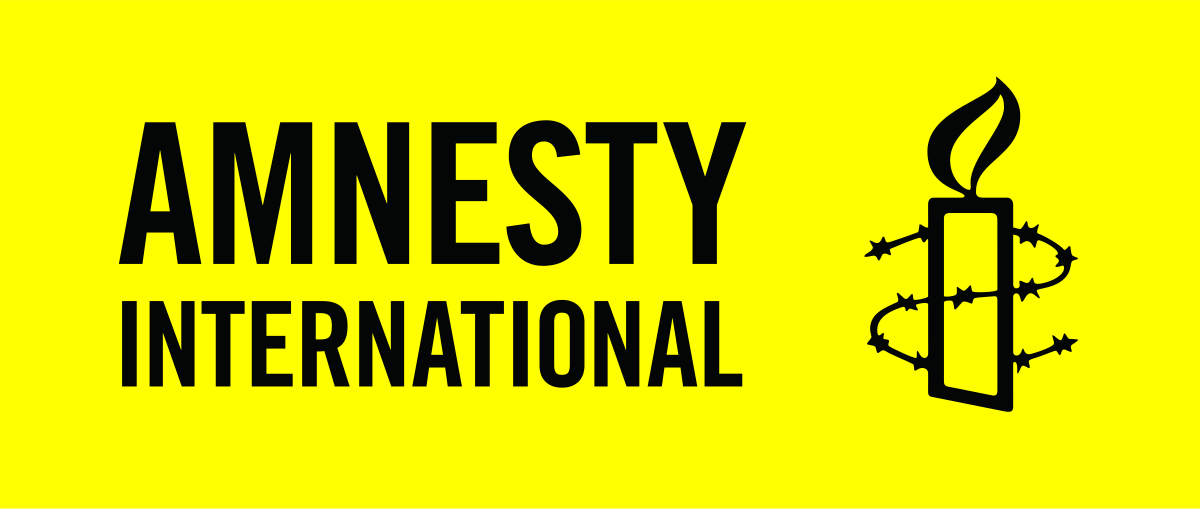
Keep up with the latest news and be part of our weekly giveaways and airtime sharing; follow our WhatsApp channel for more updates. Click to Follow us
The rise of artificial intelligence (AI) has revolutionized various industries, and content creation is no exception. AI-generated content, particularly in art and music, has gained significant attention in recent years. With machine learning algorithms capable of producing high-quality, unique content, creatives and entrepreneurs are exploring new ways to monetize AI-generated art and music.
The State of AI-Generated Content
AI-generated content has made tremendous progress, with advancements in:
1. Neural Style Transfer
Algorithms can transfer styles from one image to another, creating unique, AI-generated artwork. This technique has been used to generate stunning images, from transforming black-and-white photos into colorful masterpieces to creating surreal, dreamlike landscapes.
2. Generative Adversarial Networks (GANs)
GANs can generate new, original content, such as images, music, and even videos. This technology has been used to create realistic images of faces, objects, and scenes, as well as to generate music and videos that are often indistinguishable from those created by humans.
3. Music Generation
AI algorithms can compose music, from simple melodies to complex, multi-instrumental pieces. This technology has been used to generate music for various applications, including film scores, video game soundtracks, and even pop music.
Monetizing AI-Generated Art
As AI-generated art continues to improve in quality and uniqueness, creatives and entrepreneurs are exploring new ways to monetize this type of content. Here are some ways AI-generated art can be monetized:
1. Digital Art Marketplaces
Platforms like Saatchi Art, ArtNet, and Sedition allow artists to sell AI-generated artwork. These marketplaces provide a platform for artists to showcase and sell their work, often with a focus on digital art.
2. NFTs (Non-Fungible Tokens)
NFTs enable creators to sell unique, verifiable digital assets, including AI-generated art. NFTs have gained popularity in recent years, with some digital art pieces selling for thousands of dollars.
3. Licensing and Royalties
Companies can license AI-generated art for commercial use, providing a revenue stream for creators. This can include licensing AI-generated images for use in advertising, marketing materials, or other commercial applications.
Monetizing AI-Generated Music
As AI-generated music continues to improve in quality and uniqueness, creatives and entrepreneurs are exploring new ways to monetize this type of content. Here are some ways AI-generated music can be monetized:
1. Music Streaming Platforms
AI-generated music can be distributed through popular streaming platforms like Spotify, Apple Music, and TikTok. This provides a platform for AI-generated music to reach a wider audience and generate revenue through streaming royalties.
2. Royalty-Generating Music Libraries
Companies like AudioJungle and Epidemic Sound offer AI-generated music for commercial use, generating royalties for creators. These libraries provide a platform for businesses to license high-quality, AI-generated music for use in various applications.
3. Custom Music Composition
Businesses can commission custom AI-generated music for advertisements, films, and other media. This provides a revenue stream for creators and can result in high-quality, unique music that meets the specific needs of the client.
Challenges and Controversies
While AI-generated content has the potential to revolutionize the creative industries, there are also challenges and controversies surrounding this technology. Here are some of the key issues:
1. Authorship and Ownership
Questions surrounding authorship and ownership of AI-generated content have sparked debates. Who owns the rights to AI-generated art or music? Is it the creator of the algorithm, the person who commissioned the work, or someone else entirely?
2. Quality and Originality
Concerns about the quality and originality of AI-generated content have led to skepticism. Can AI-generated art or music truly be considered “original” if it’s created using an algorithm?
3. Job Displacement
The potential for AI-generated content to displace human creatives has raised concerns. Will AI algorithms replace human artists, musicians, and writers, or will they augment and enhance the creative process?
Conclusion
AI-generated content creation has opened up new avenues for monetization in the art and music industries. While challenges and controversies exist, the potential benefits of this technology cannot be ignored. As AI-generated content continues to evolve, it’s essential for creatives, entrepreneurs, and industries to adapt and find innovative ways to harness this technology.
Please don’t forget to “Allow the notification” so you will be the first to get our gist when we publish it.
Drop your comment in the section below, and don’t forget to share the post.








